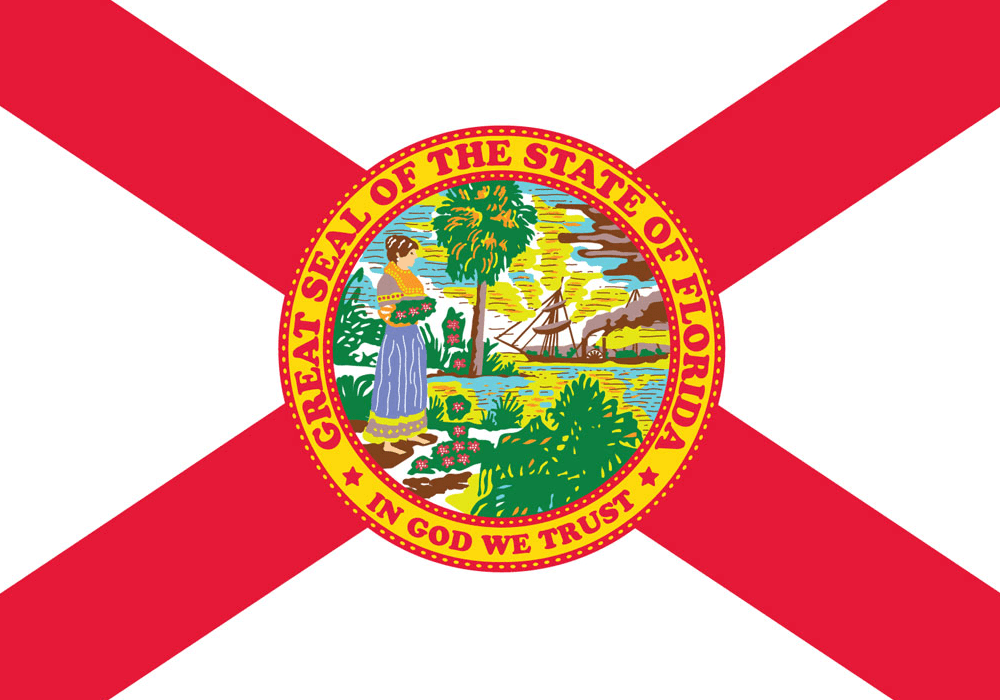FL. R. Crim. P. 3.790
Committee Notes.
1968 Adoption. Subdivisions (a) and (b) contain the procedural aspects of section 948.01(1), (2), and (3), Florida Statutes. It should be noted that in (b) provision is made for no pronouncements in addition to no imposition of sentence prior to the granting of probation. The terminology in section 948.01(3), Florida Statutes, is that the trial court shall “withhold the imposition of sentence.” The selected terminology is deemed preferable to the present statutory language since the latter is apparently subject to misconstruction whereby a sentence may be pronounced and merely the execution of the sentence is suspended.
The Third District Court of Appeal has indicated that the proper procedure to be followed is that probation be granted prior to sentencing. A sentence, therefore, is not a prerequisite of probation. See Yates v. Buchanan, 170 So. 2d 72 (Fla. 3d DCA 1964 ); also see Bateh v. State, 101 So. 2d 869 (Fla. 1st DCA 1958 ), decided by the First District Court of Appeal to the same effect.
While a trial court initially can set a probationary period at less than the maximum allowed by law, this period may be extended to the maximum prior to the expiration of the initially-set probationary period. Pickman v. State, 155 So. 2d 646 (Fla. 1st DCA 1963 ). This means, therefore, that any specific time set by the court as to the probationary period is not binding if the court acts timely in modifying it. It is clear, in view of the foregoing, that if a trial judge pronounces a definite sentence and then purports to suspend its execution and place the defendant on probation for the period of time specified in the sentence, matters may become unduly complicated.
If such procedure is considered to be nothing more than an informal manner of suspending the imposition of sentence and thus adhering to present statutory requirements, it should be noted that the time specified in the “sentence” is not binding on the court with reference to subsequent modification, if timely action follows. On the other hand, if the action of the trial court is considered strictly, it would be held to be void as not in conformity with statutory requirements.
A probationary period is not a sentence, and any procedure that tends to mix them is undesirable, even if this mixture is accomplished by nothing more than the terminology used by the trial court in its desire to place a person on probation. See sections 948.04 and 948.06(1), Florida Statutes, in which clear distinctions are drawn between the period of a sentence and the period of probation.
(c) Contains the procedural aspects of section 948.06(1), Florida Statutes.
1972 Amendment. (a) of former rule deleted, as its substance is now contained in rules 3.710, 3.711, and 3.713. Former subdivisions (b) and (c) are now renumbered (a) and (b) respectively.
1988 Amendment. This amendment changes wording to conform with current responsibilities of the Department of Corrections to supervise a person placed on either probation or community control and brings community control within the scope of the rule.

